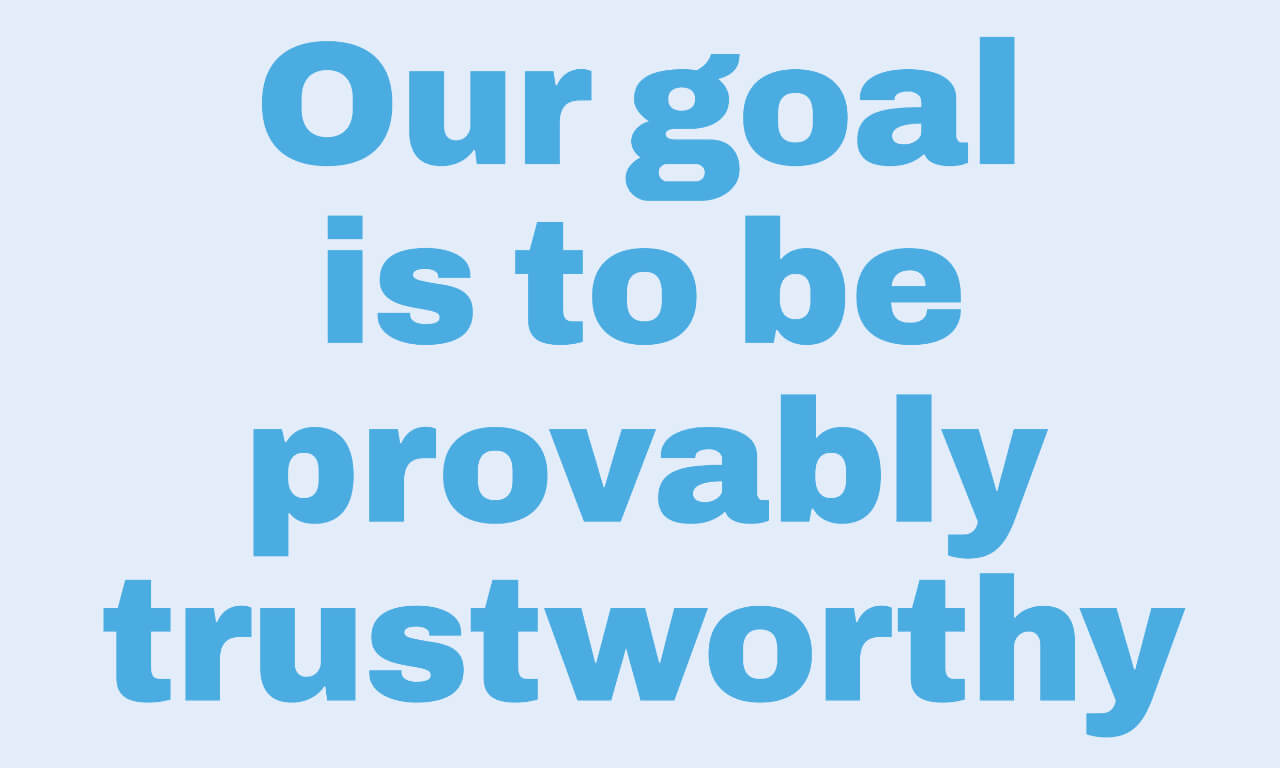Earning and maintaining trust: PPIE and more
- Posted:
- Written by:
- Categories:

This article is part of a series: The Past, Present and Future of OpenSAFELY
- The past, present and future of OpenSAFELY: Introduction
- How OpenSAFELY works
- Co-pilots give newcomers a helping hand
- Standard tools for data preparation, and federated analytics
- Output checking helps to keep private data safe
- The legal basis: ethics, controls and building trust
- Earning and maintaining trust: PPIE and more
- How OpenSAFELY began
- Consequences of COVID-19 and the role of vaccination
- “No other platform comes close”
- The 'unreal' speed of OpenSAFELY
- Using OpenSAFELY to fight antimicrobial resistance
- OpenSAFELY and antibiotics
- Using OpenSAFELY to carry out a randomised trial
- The OpenSAFELY Collaborative
- Some reflections about funding
- What's next for OpenSAFELY?
It’s essential that OpenSAFELY is trusted by everyone: that includes patients, funders, policymakers, professional bodies, privacy campaigners, and other stakeholders.
PPIE is a technical term used by medical researchers: it stands for “Patient and Public Involvement and Engagement”. Meaningful and recurring public engagement really matters, which is why we set up our Digital Critical Friends (DCF) Group.
This group is independently chaired by Andy Gibson (Associate Professor of Patient and Public Involvement and Engagement at the University of the West of England) and John Kellas (a community technology and data consultant), and aims to represent the population of England by age, gender, ethnicity and geography.
The DCF Group helps us run OpenSAFELY, meeting every month to offer invaluable inputs in project discussions, raising pertinent questions and providing informed critiques. It has covered operational and strategic topics such as: the life of OpenSAFELY beyond COVID-19-focused research, co-designing communications, NHS consultation processes, and more.
Involvement and engagement with patients and the public has provided considerable insights into the day-to-day running and development of OpenSAFELY. It’s also helped us spot the enablers and barriers to conducting high-quality involvement and engagement activities for data-intensive research when the focus is on platform design, not specific research questions.
We hope that this work has been helpful, and the evidence suggests that it has.
In 2021, the NHS, NIHR and the National Data Guardian commissioned a series of Citizens’ Juries to review various data-sharing initiatives introduced during the COVID-19 pandemic. Of the initiatives reviewed, the Juries were most supportive of OpenSAFELY (77% of jurors very much in support). Most jurors considered OpenSAFELY to be the most transparent, trustworthy and secure of the sharing initiatives. When asked at the end of the jury process whether OpenSAFELY should continue after COVID-19, 87% of jurors said yes.
OpenSAFELY also needs trust and support from a wider community of stakeholders.
From the beginning we have sought advice and input from technical experts, privacy specialists, and those well-versed in public opinion on the use of health data.
OpenSAFELY has received ongoing support from the professional community, including from the BMA, the RCGP and the Joint GP IT Committee, as well as from NHS England’s Advisory Group for Data (AGD). This is not because of lobbying: it’s because we have involved them from the outset, sharing our plans, listening to their concerns, and then – critically – building practical and technical solutions to manage any concerns they raised.
Similarly, privacy campaigners medConfidential – who are often loudly critical of projects accessing citizens’ data – have been strongly, publicly and actively supportive of OpenSAFELY. Again, this is not because of lobbying: they give detailed technical feedback, and we have modified the way our platform works in response.
Lastly, we maintain active partnerships with all of our wider stakeholders including Data Controllers, funders, partner organisations, users, patient representatives, privacy campaigners, the BMA and RCGP, not least in our formal governance. All these constituencies are represented in OpenSAFELY governance through the OpenSAFELY Oversight Board.
Above all, though, our trust is earned through actions, rather than through meetings. Our goal is to be provably trustworthy. We earn trust through one simple thing: we set out to deliver new technical methods, tools and services that materially protect patients’ privacy.


